Table of Contents
Herbs are a natural remedy for various illnesses and issues. Some of them used to grow only in distant locations, some were more available. Nowadays, you can grow plenty of healing herbs and spices all your own. Don't have room for a garden? Snag one of those handy hanging or windowsill gardens which you can put in your kitchen.

Top 12 Healing Herbs
1. Aloe Vera
Who doesn’t know what it is? You can find it in most creams and lotions but this skin-friendly plant is at its most effective when it’s in its raw state. You need a sunny and warm location to plant them – after that, not much care is needed. Great for burns, wounds, reducing blood pressure and lowering cholesterol.
2. Peppermint
This plant smells great and offers amazing health qualities. You can make a tea with it, or use it as a spice in your meals. Peppermint can help in relieving pain, treating irritable bowl symptoms, and preventing bad breath. It will need plenty of water and room to grow.
3. Thyme
Small, aromatic and wonderful in all meals, this little spice will make your gardening experience amazing. It just needs a location that gets a lot of sunshine and it can thrive through any weather. Because of its strong smell, it’s good for various respiratory issues as well. Also good for stomach aches, arthritis, and sore throats.

4. Rosemary
This memory-enhancing plant is there to make your meal’s aroma better. You can grow it in a pot or in a line to enhance the strength of the smell. It has numerous health benefits, especially when it comes to the brain. Also great for joint pain and reducing muscle tension.
5. Chamomile
Long known for the calming effects it has on people, this plant will look good and be a great addition to your garden. You can use them dried or fresh in making a tea and they can grow pretty much anywhere. Commonly used to relieve menstrual pain, reduce inflammation, and help with sleep issues.
6. Pot Marigold
While it may seem more as a decorative flower, this plant is great at helping people with skin-related problems from acne to eczema. Other topical uses include reducing diaper rash, treating burns, bug bites, and relieving headaches.
7. Sage
This is a well-known medicinal plant which can help people with gas issues and appetite. Known as a powerful antibacterial and anti-fungal treatment.

8. Lavender
Is an explanation really necessary here? Lavender is one of the unsung heroes of the healing herb world. It looks amazing, smells divine, and has health benefits beyond what you can imagine. It’s beneficial in therapy and relaxation, against anxiety, headaches and skin issues. It is also antiseptic, antibacterial, anti-fungal, and extremely effective on burns and bites. Talk about a powerhouse!
9. Echinacea
Another beautiful, flowery plant which has been used in medicinal purposes for ages. You can treat wounds, swollen bites and it’s great for healing. Plant it somewhere sunny and just like most plants with medicinal purposes, it will easily grow. Great for treating symptoms of cold & flu.
10. Comfrey
This herb may be considered a weed to some, but it also has many healing properties. It can serve in relief of pain and for broken bones. Applying on the skin can help boost skin cell production.
11. Broadleaf plantain
This one is also a weed, but has a long tradition of having healing properties for wounds and bites. It can also help with diarrhea.
12. Great Mullein
This plant stands out because it’s so tall. You can use it in a tea to relieve cough or treat skin infections. Historically used to treat asthma, coughs, and other respiratory issues.
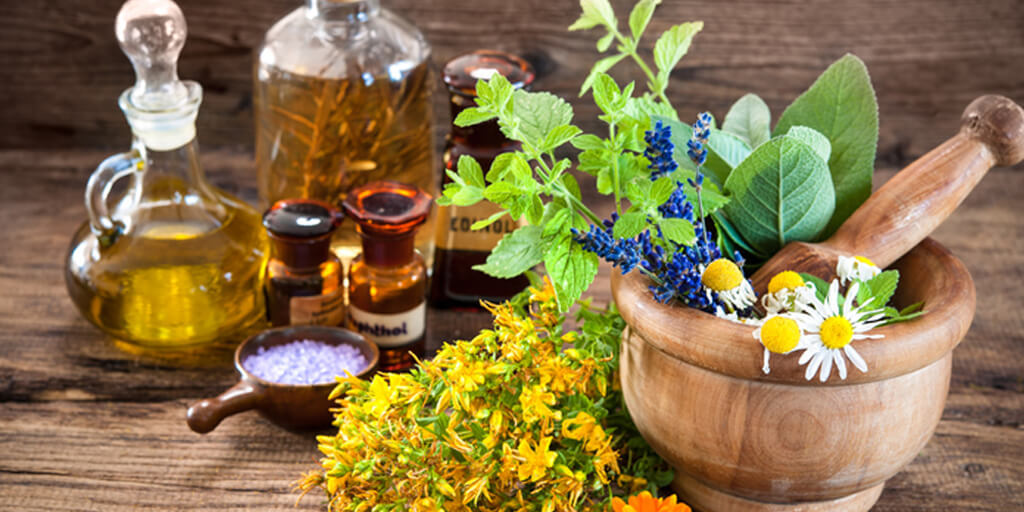
What Herbs Promote Healing?
For ages, before humans formulated medicines out of artificially made compounds, people used to use plants and herbs to heal their wounds. Healers knew which herb served what purpose and most people used them safely. However, over the years, that knowledge has been unused as medical advances developed.
But it’s making a big comeback as more and more people realize the benefits of using herbs in healing. Here are some of the best herbs and plants that promote wound healing:
Aloe Vera – Even though aloe vera was already mentioned, it’s worth another mention because it’s amazing at helping people heal. The sword-like leaves leak jelly-like fluid which contains helpful compounds that heal wounds. This is the reason it’s used so heavily in commercial cosmetics. But nothing is better than the raw plant in wound healing, acne treatment, and so much more.
Gotu Kola – This parsley cousin is effective in healing small wounds and cuts as well as preventing scars.
Arnica – People have used this plant for centuries because of its unique healing properties. It’s often found in ointments, creams, lotions and so on.
Goldenrod – Another perennial with healing effects – some studies have shown that it can even be used against inflammation.
Yarrow – There isn’t a lot of research on this plant but historically, people have been using it against minor injuries and cuts.
Calendula – This plant is better known as Marigold is mainly used to stop bleeding, heal wounds and for other skin issues.
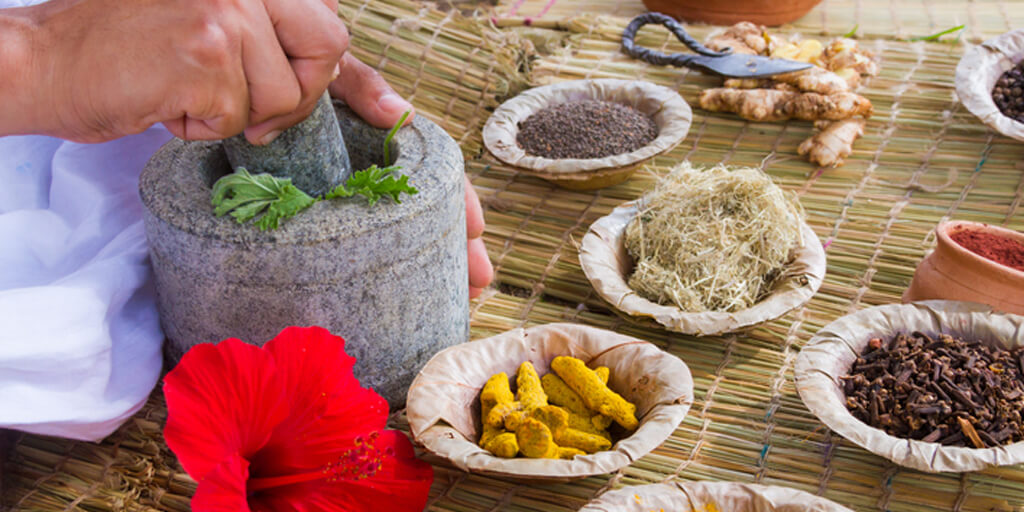
Healing Herbs with Medicinal Properties
Many plants have been used for healing purposes but haven’t been medically tested. However, there are some plants that have been used in medicine for years now.
Here are some of the best examples:
Chamomile – This is a plant that has many beneficial effects and it has been used in regular medicine for decades. Mostly it’s used as a calming tool for both the mind and the wounds.
Echinacea – You’ve heard about it because it’s in everything. This plant enhances the immune system and helps against common cold, cough and respiratory issues.
Feverfew – As the very name says, this plant helps with fever. However, it can also be useful against migraines.
Garlic – A common spice in daily meals, this plant is used for more than just against vampires! You can lower your cholesterol and blood pressure as well.
Here are some more herbs and spices used in medicine nowadays:
- Ginger – Good for stomach issues.
- Gingko – Best for asthma.
- Ginseng – A healing tonic used against blood pressure.
- Goldenseal – Use it against diarrhea and skin issues.
- Milk thistle – This one can be best against liver issues and high cholesterol.
- Saint John's wort – Best used as an antidepressant.
- Saw palmetto – It can treat benign prostatic hypertrophy
- Valerian – Reduces anxiety and helps people with insomnia.
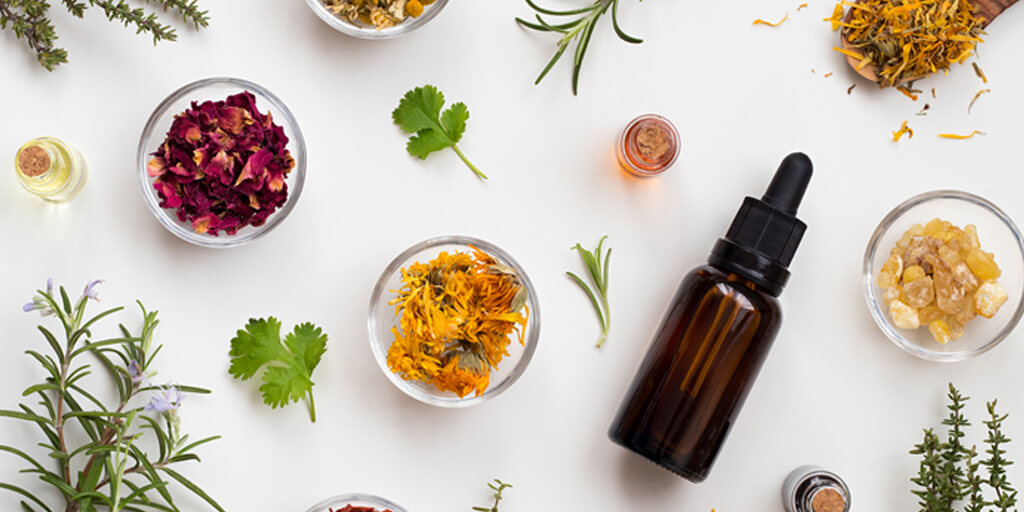
What Herbs are Good for Nerves?
Herbs and plants can be used for various mental issues as well. If you'd like to try to improve your mental health or calm anxiety through natural, herbal solutions, then these may work for you. Please ensure you seek medical attention if you're experiencing severe depression or thoughts of suicide.
Here are some of the plants that have calming effects:
Milky oat – Taken long-term, this healing herb can help your mental state. You can add it to a tea and drink it every day. It’s highly effective in helping people who get exhausted easily.
Chamomile – Mentioned several times already, this herb can help calm you down when you feel anxious or stressed. It’s especially good for those who react to stress with their stomach.
Passionflower – It supports the central nervous system and helps people who have too many things on their minds, feel overwhelmed or stressed. It’s also good for sleeplessness.
Holy Basil – Helpful for people who have long-term stress and trouble handling everyday situations because of this. You can also use it if you feel run-down or emotionally low.
Skullcap – Especially good for people who suffer from stress and become agitated, overexposed or reclusive.
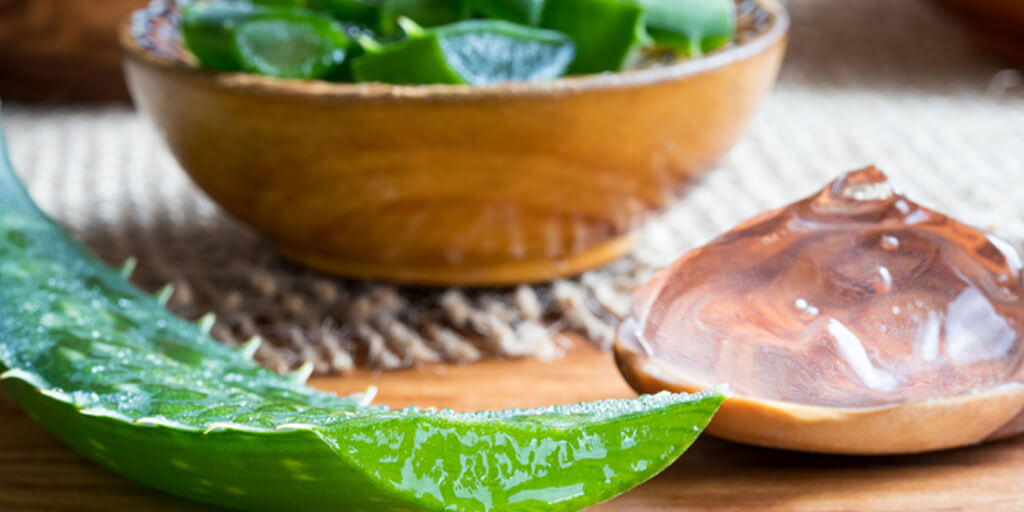
Dangerous Herbs You May Want to Avoid
Even though you can count on herbs in most situations, sometimes they can hurt you more than help you. They can have beneficial effects on one area of your health but harm another.
Here are some of the most common examples:
St. John’s Wort can cause nausea and dizziness even though it’s used for depression and anxiety.
Kava is used for insomnia and depression but can damage your liver.
Ginkgo is used for memory and various other issues but it can thin your blood.
Arnica is often used for bruising but it can raise your blood pressure
Goldenseal can be used for colds and constipation but can lower blood pressure.
Aloe vera if taken by mouth, you may experience abnormal heartbeat or kidney issues.
Ephedra is used as a cure for colds and flu but increases the chances for heart attack or stroke.
Ginseng is believed to slow aging but taken with blood thinners or by people with diabetes, it can cause big issues.
Black Cohosh helps anyone with PMS, except if you have liver problems.
Garlic is tasty and full of vitamins but it can also thin your blood and lower your blood pressure.
Licorice root is good for stomach issues but can cause kidney issues or heart issues.
Stinging Nettle helps with allergies but it can make your body retain water.
Feverfew helps with fevers but causes blood clotting
In conclusion, most of these plants and healing herbs can be harmless – if you take them the right way. Taking too much can hurt you, taking them the wrong way can hurt you and taking them without talking to your healthcare provider can hurt you.
You need to understand your full medical condition and the effects these herbs have before you can try any plant in your diet.
But if you do it the right way, you can see many benefits.
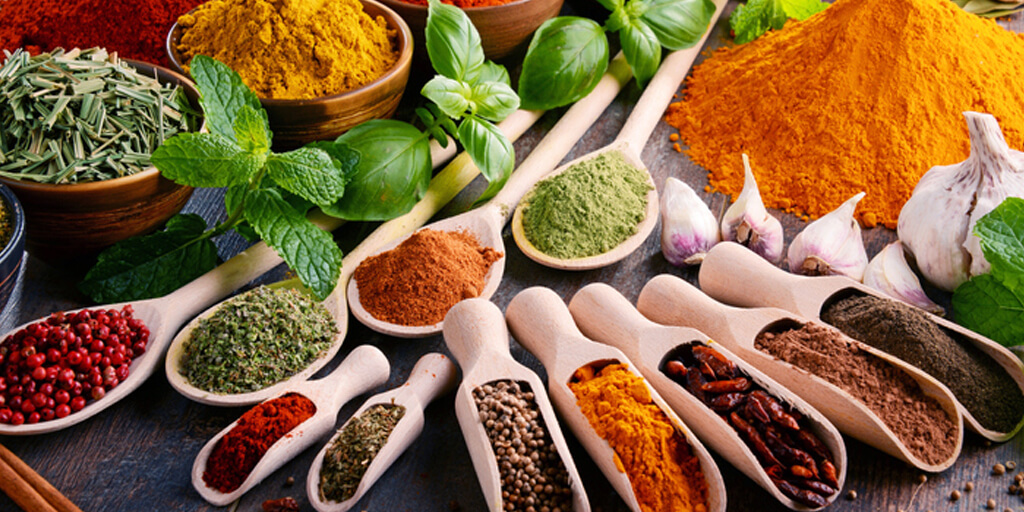
What Spices are Good for Your Heart?
Many healing herbs and plants have various benefits for the heart. However, you have to consult your doctor before taking them. Depending on your condition, here are some helpful plants and herbs:
- Cardamom – Lowers your blood pressure
- Thyme – Protects the cardiovascular system
- Garlic – Lowers blood pressure and cholesterol
- Hawthorn – Improves cardiac muscle contractions
- Cayenne – Prevents blood clots
These plants can be very beneficial – if you take the right one in the right amount for your condition. Make sure you check that before you start with a treatment.
Some other plants that could help you are cinnamon, rosemary, coriander, ginger, green tea, hibiscus, turmeric and basil.
While over the counter or prescription medicine may seem like a simpler solution, you can’t underestimate the benefits of plants and herbs. They act quickly and can be grown in your own home. Next time you are in need of any medicine, think about tapping into the powers of healing herbs.
Sources:

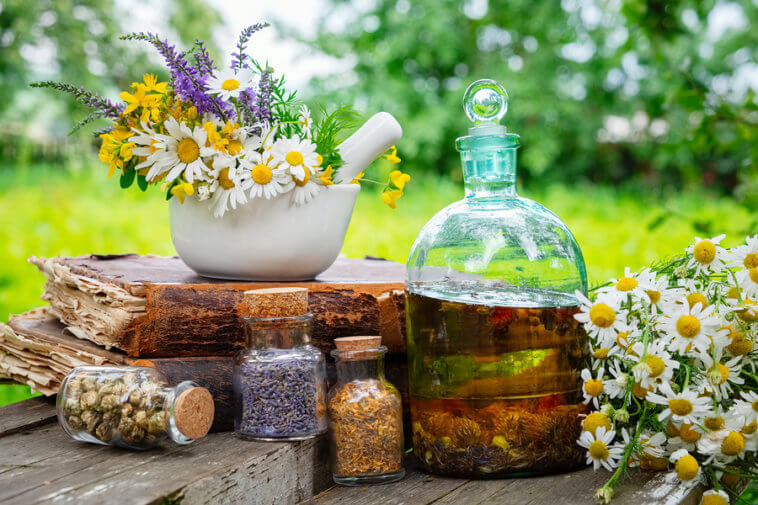


Comments
Loading…